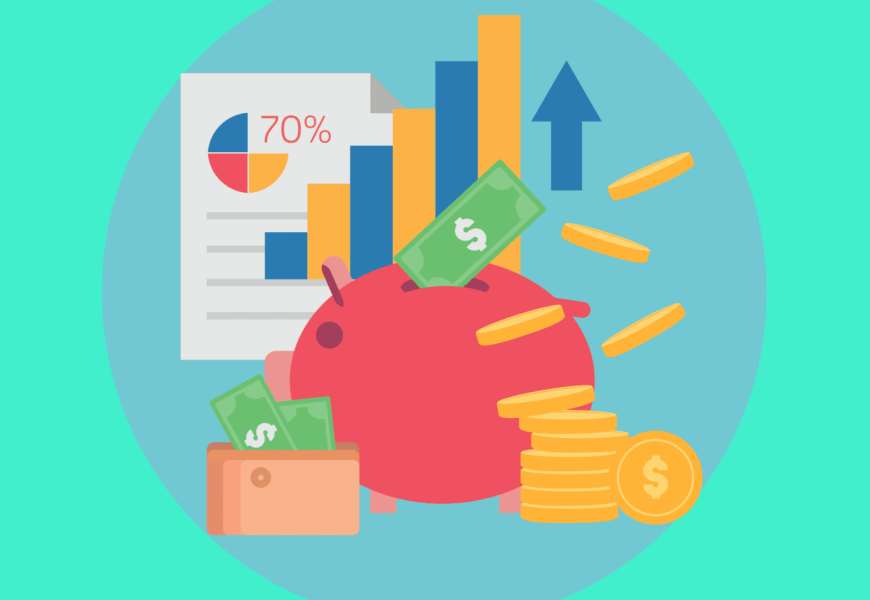When it comes to saving money, one question that often arises is, “how many savings accounts should I have?” The answer isn’t straightforward and depends on various factors such as your financial goals, spending habits, and lifestyle. In this article, we will discuss the benefits of having multiple savings accounts and help you decide how many accounts you should have.
How Do Savings Accounts Work?
Savings accounts are a type of bank account that allows you to deposit money and earn interest on your balance. The interest rate you earn depends on the bank and the type of account you have. Generally, standard savings accounts offer lower interest rates than other types of accounts, such as certificates of deposit or money market accounts.
How Many Savings Accounts Can You Have?
There is no limit to the number of savings accounts you can have, but having too many can be overwhelming and difficult to manage. Financial experts generally recommend having two to three savings accounts for different purposes, such as an emergency fund, short-term savings, and long-term savings.
The Benefits of Having Multiple Savings Accounts
Better Budgeting: One of the primary benefits of having multiple savings accounts is better budgeting. By dividing your savings into different categories, you can keep track of your expenses and allocate funds accordingly. For example, if you’re saving for a vacation, you can create a separate savings account specifically for travel expenses. This way, you can see exactly how much money you have saved for your trip and avoid overspending.
Goal-Oriented Saving: Another advantage of having multiple savings accounts is that it enables you to save towards specific goals. Whether you’re saving for a down payment on a house or a new car, you can create a separate account for each goal. This way, you can monitor your progress towards each goal and adjust your savings plan accordingly.
Emergency Funds: Having multiple savings accounts also allows you to build up your emergency fund. Ideally, you should have at least three to six months’ worth of living expenses saved in case of unexpected financial hardship. By creating a separate savings account for emergency funds, you can ensure that you have enough money to cover unexpected expenses without having to dip into your other savings accounts or going into debt.
Increased Interest Earnings: Finally, having multiple savings accounts can also help you earn more interest on your savings. Depending on the bank, different types of savings accounts offer different interest rates. By opening multiple savings accounts, you can take advantage of the highest interest rates available and maximize your earnings.











